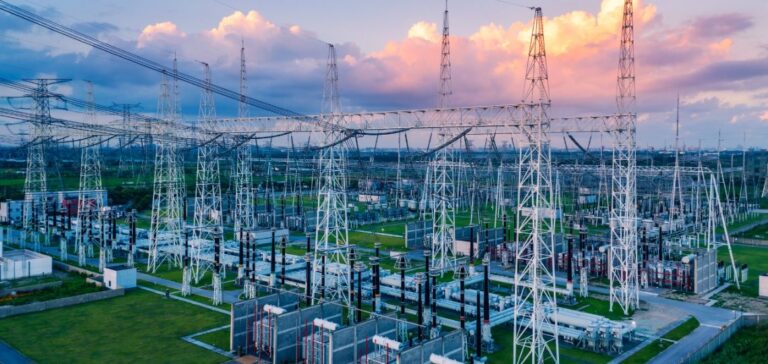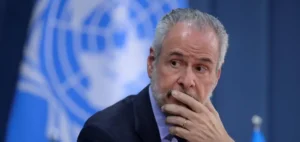Gabon has taken a significant step in implementing its electricity interconnection plan with Equatorial Guinea, a key project to achieve universal energy supply by 2035. On 22 February, Gabonese President Brice Oligui Nguema and Equatorial Guinean President Teodoro Obiang Nguema Mbasogo officially launched the first phase of the bilateral agreement signed on 8 February. This initial phase involves importing 3 MW of electricity from the Equatorial Guinean town of Ebe-Be-Yine to Bitam, in northern Gabon.
A strategic project for energy supply
The overall objective of the project is to import a total of 10 MW, which will be distributed across several localities in the Woleu-Ntem province, including Oyem, Medouneu, Mitzic, and Minvoul. This initiative is part of a broader government policy aimed at ensuring universal access to electricity by 2035. According to World Bank data, Gabon’s electricity access rate stood at 93.5% in 2022, but further efforts are required to reach full coverage.
Cost reduction for the Gabonese government
The Gabonese presidency highlighted that this initiative is expected to generate an annual saving of approximately 2 billion CFA francs (€3.4 million) in diesel-related expenses. Importing electricity from Equatorial Guinea also addresses challenges linked to the ageing infrastructure of the Société nationale d’eau et d’électricité (SEEG), which has been responsible for recurring power outages across the country.
Complementary projects to strengthen energy supply
Gabon is also pursuing other initiatives to increase its electricity generation capacity. Last week, the government launched the construction of two major infrastructure projects: the Ngoulmendjim hydroelectric plant, with a capacity of 83 MW, and the Owendo gas-fired thermal power plant, which will provide 120 MW. These projects aim to diversify energy sources and reduce reliance on electricity imports.
The completion of these projects is essential in a context where Gabon is facing frequent power outages. Authorities are counting on these new developments to ensure greater stability in the country’s electricity supply.






















